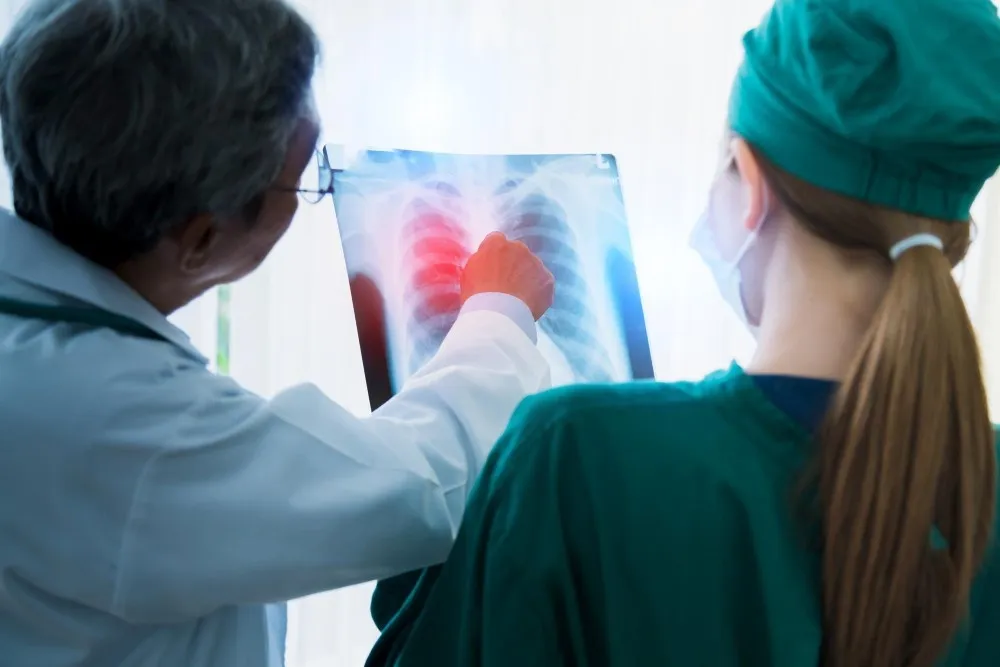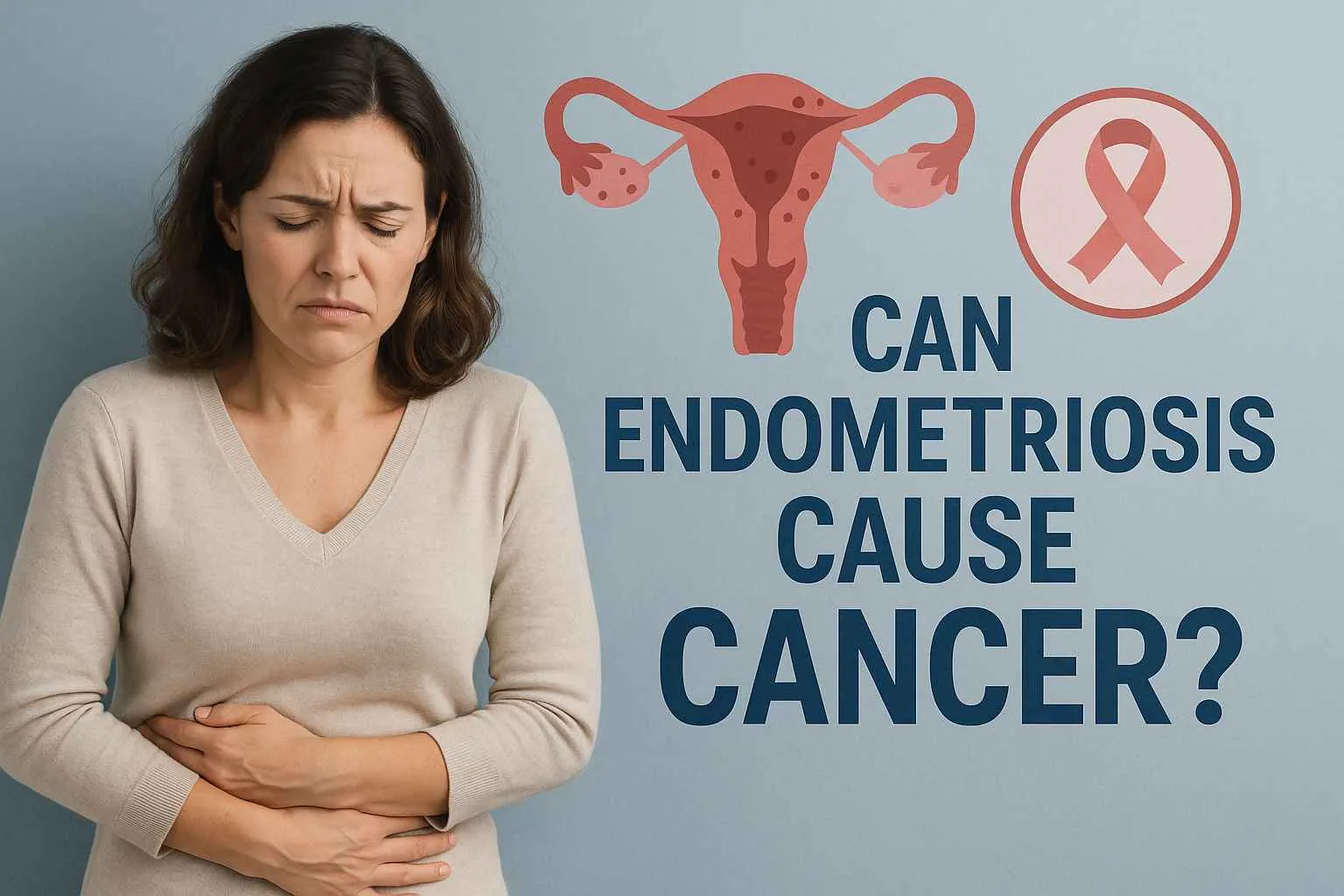Have you ever wondered how something as silent as colon cancer manages to grow unnoticed until it’s too late? That’s the scariest part about it, most people don’t even realize something is wrong until symptoms become unbearable. Colon cancer often develops slowly, but when it shows up, it can be aggressive and spread quickly.
Early warning signs are easy to ignore or misread. But ignoring small changes can cost a lot. Understanding the disease better is the first step to controlling it. So this article breaks down what colon cancer really is, what causes it, who is at risk, how it is diagnosed, and all the treatment paths available today.
How Colon Cancer Begins In The Body
Colon cancer forms when cells in the large intestine start growing out of control. These abnormal cells do not follow the normal lifecycle. They don’t die when they should. Instead, they multiply fast and form a tumor. Most of these cancers begin as adenomatous polyps, small clumps inside the lining of the colon.
Polyps themselves are not cancerous. But over time, some may turn into one. That's where colonoscopy becomes essential. If these polyps are found early, they can be removed before they become cancerous.
Rectal cancer is often grouped with colon cancer under the umbrella term colorectal cancer. While both develop in the large intestine, rectal cancer starts at the last few inches near the anus.
Colorectal Polyps And Colon Cancer: What's The Link?
Polyps are small growths that form on the inner lining of the colon or rectum. Many are harmless and may vanish on their own. However, under the influence of carcinogens, like processed meat, radiation, or certain chemicals, they may begin to mutate.
When this happens, a previously benign growth can develop into a precancerous or cancerous tumor. This transformation is seen more in the colon than in other parts of the body. That’s why early screening and polyp removal are key steps in colon cancer prevention.
Polyps can show up due to several reasons, poor diet, stress, inflammation, and genetic tendencies. But diet and lifestyle corrections can help minimize their formation.
Colon Cancer Symptoms
Unlike other diseases, colon cancer hides itself in early stages. Many people go months or even years without realizing something is wrong. Colon cancer symptoms usually become noticeable only when the tumor has grown large enough to interfere with bowel function.
The symptoms include:
Change in bowel habits (constipation, diarrhea, or thin stool)
Blood in stool or rectal bleeding
Persistent gas or cramping
Feeling of incomplete bowel movement
Unexplained fatigue or weight loss
These symptoms vary depending on where in the colon the tumor is located and how far it's developed.
As for causes, no single factor is responsible. But experts know that what causes colon cancer in adults often involves long-term inflammation, diet, and lifestyle.
Causes Of Colon Cancer
Most cancers, including colon cancer, begin with DNA changes inside healthy cells. These changes cause uncontrolled growth. In colon cancer, many of these mutations happen in polyps.
Here are other causes of colon cancer that contribute:
Consistent exposure to carcinogens
Diet rich in red and processed meat
Long-term bowel disorders like Crohn’s disease or ulcerative colitis
Smoking and alcohol use
Obesity and inactivity
Type 2 diabetes
These conditions don’t guarantee you’ll get cancer, but they increase the chances. The more of them you have, the higher your risk.
Risk Factors Of Colon Cancer
Beyond causes, some factors increase a person’s chances of developing colon cancer. These are not direct causes but risk factors for colon cancer:
Age over 50: Most cases are diagnosed in people aged 50 or older.
Personal cancer history: A history of any cancer increases the chances of it returning.
Family history: Genetic syndromes like Lynch syndrome raise the risk.
Low-fiber diet: Diets high in fat and low in fiber link strongly linked with colon growth issues.
Sedentary lifestyle: Less movement slows digestion and increases toxin buildup.
Previous radiation therapy: Past abdominal radiation increases the sensitivity of colon lining.
Diagnosis
How is colon cancer diagnosed? Doctors start with symptom assessment, followed by tests. These may include:
Colonoscopy: A camera examines the colon lining. Suspicious areas are biopsied.
Blood tests: While not conclusive, markers like CEA (carcinoembryonic antigen) help detect tumor presence.
CT scans and MRIs: These show tumor size and spread, useful for staging.
Colon cancer diagnosis often comes with emotional strain, so early screening is the best defense.
Colon Cancer Treatment & Stages
After diagnosis, doctors stage the cancer to decide on colon cancer treatment options. The stage tells how far cancer has spread.
Colon Cancer Stages Explained
Stage | Cancer Spread |
Stage 1 | Tumor limited to inner wall of colon or rectum |
Stage 2 | Cancer penetrates wall but hasn’t spread to lymph nodes |
Stage 3 | Tumor reaches nearby lymph nodes |
Stage 4 | Cancer spreads to distant organs (liver, lungs) |
Colon Cancer Treatment Options
The best treatment for colon cancer depends on stage, health, and location. Here are the most commonly used treatments:
Surgery
Polypectomy: Used in early stages to remove polyps.
Resection: Larger sections of the colon are removed.
Colostomy: A stoma is created for waste elimination when reconnecting the colon isn't possible.
Radiation Therapy
External: Uses beams from outside the body.
Internal: Inserts radioactive materials near the tumor.
Chemotherapy
Drugs are injected or taken orally to kill or slow the growth of cancer cells. Often used in later stages or after surgery.
Targeted Therapy
Drugs target specific genes in cancer cells. Fewer side effects than chemo.
Cryotherapy & Radiofrequency Ablation
Used for patients who can’t undergo surgery. These destroy cancer cells with freezing or heat.
Alternative Medicine for Colon Cancer
Though not curative, some practices help patients cope better:
Meditation and guided relaxation
Art and music therapy
Light stretching and exercise
Nutritional support and fluid monitoring
These ease stress, help manage symptoms, and improve quality of life during treatment.
Final Thoughts
Colon cancer often grows quietly, without loud symptoms or obvious warning signs. But if caught early, it’s also one of the most treatable cancers. With proper screening, smart lifestyle choices, and quick action at the first signs, outcomes improve a lot.
Whether it's changing what you eat, getting tested early, or understanding your family history, everything helps. Because in the case of colon cancer, waiting too long is never an option.
أسئلة متكررة
What Are the Early Warning Signs of Colon Cancer?
Early signs may include narrow stool, rectal bleeding, fatigue, and weight loss. These often mimic common stomach issues, which delays diagnosis.
Who Is at Risk for Colon Cancer the Most?
People above 50, especially with a family history, high-fat diet, or inflammatory bowel disease. Lifestyle choices like smoking or inactivity also increase risk.
What Is the Best Treatment for Colon Cancer Stage 1?
Usually, a polypectomy or local resection is enough. Chemotherapy is rarely used unless there's a high chance of recurrence.
How Long Is the Survival Rate by Stage?
Survival drops as stage increases. Stage 1 has over 90% 5-year survival. Stage 4 is below 15%. Early detection drastically improves survival.
What Are the Current Guidelines for Colon Cancer Screening?
Most guidelines recommend starting colonoscopies at age 45. Earlier if there’s a family history or genetic risk.

كُتب بواسطة






